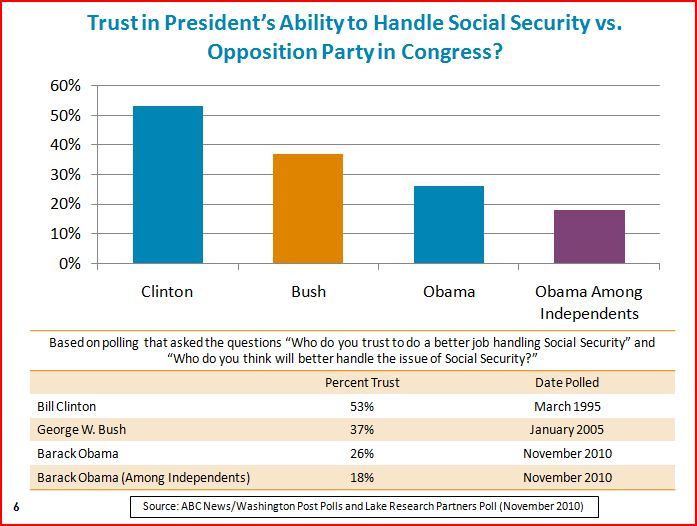“Punting the Pundits” is an Open Thread. It is a selection of editorials and opinions from around the news medium and the internet blogs. The intent is to provide a forum for your reactions and opinions, not just to the opinions presented, but to what ever you find important.
Thanks to ek hornbeck, click on the link and you can access all the past “Punting the Pundits”.
Paul Krugman: Media Unwittingly Plays Republicans’ Deficit Game … Again
Who could have seen this coming?
The Washington Post editorial board was shocked (shocked!) to discover in early January that incoming congressional Republicans aren’t serious about deficit reduction.
“You could listen to their rhetoric – or you could read the rules they are poised to adopt at the start of the new Congress,” they wrote in a Jan. 2 editorial. “The former promises a new fiscal sobriety. The latter suggests that the new G.O.P. majority is determined to continue the spree of unaffordable tax-cutting.”
By “fiscal sobriety,” I imagine The Post was referring to a Republican policy that basically requires lawmakers to offset any new spending by cutting other programs or by raising revenue, not by raising taxes. Of course, The Post was supportive of the deal President Obama struck with Republicans at the end of 2010 to extend the Bush-era tax cuts to all Americans (which means a revenue loss of $3.9 trillion over 10 years, according to the United States Treasury Department), calling it an achievement “to be celebrated” in an editorial on Dec. 23. This achievement to be celebrated is now called unaffordable tax-cutting less than a month later.
I was going to be snarky, but this requires seriousness: the gullibility of much of the media establishment in the United States regarding this issue is ridiculous. Their inability to spot the hollowness of Republican claims to fiscal responsibility amounts to journalistic malpractice.
Mark Weisbrot: Aristide Should Be Allowed to Return to Haiti
Haiti’s infamous dictator “Baby Doc” Duvalier, returned to his country this week, while the country’s first elected President, Jean-Bertrand Aristide, is kept out. These two facts really say everything about Washington’s policy toward Haiti, and our government’s respect for democracy in that country and in the region.
Asked about the return of Duvalier, who had thousands tortured and murdered under his dictatorship, State Department spokesman P.J. Crowley said, “this is a matter for the Government of Haiti and the people of Haiti.”
But when asked about Aristide returning, he said “Haiti does not need, at this point, any more burdens.”
Wikileaks cables released in the last week show that Washington put pressure on Brazil, which is heading up the United Nations forces that are occupying Haiti, not only to keep Aristide out of the country but to keep him from having any political influence from exile.
Laila Lalami: Tunisia Rising
In conventional thinking about the Middle East, perhaps the most persistent cliché is “moderate Arab country.” The label seems to apply indiscriminately to monarchies and republics, ancient dictatorships and newly installed ones, from the Atlantic Coast to the Persian Gulf, so long as the country in question is of some use to the United States. And, almost always, it crops up in articles and policy papers vaunting the need for America to support these countries, bulwarks against growing Islamic extremism in the Arab world.
A perfect example is Tunisia. Just three summers ago, Christopher Hitchens delivered a 2,000-word ode to the North African nation in Vanity Fair, describing it as an “enclave of development” menaced by “the harsh extremists of a desert religion.” This is a country with good economic growth, a country where polygamy was outlawed in 1956, a country with high levels of education, a country with perfect sandy beaches. And, Hitchens wrote, it “makes delicious wine and even exports it to France.”
Never mind that the president, Zine el-Abidine Ben Ali, in power for twenty-three years, was regularly winning elections with 90 percent of the vote. Never mind that his wife, Leila Trabelsi, a former hairdresser, had a stake in almost all of the country’s businesses. Never mind that the unemployment rate among college graduates was reportedly as high as 20 percent. Never mind that there was a police officer for every forty adults and that the Internet was censored. In January all these things added up, making the ouster of Ben Ali seem not only possible but probable, and later inevitable.

 On this day in 1911, the first
On this day in 1911, the first 
Recent Comments